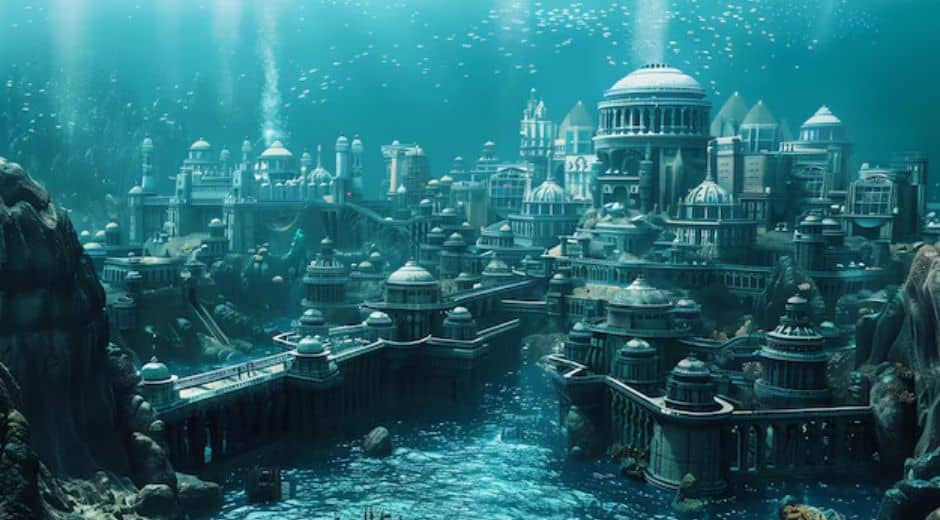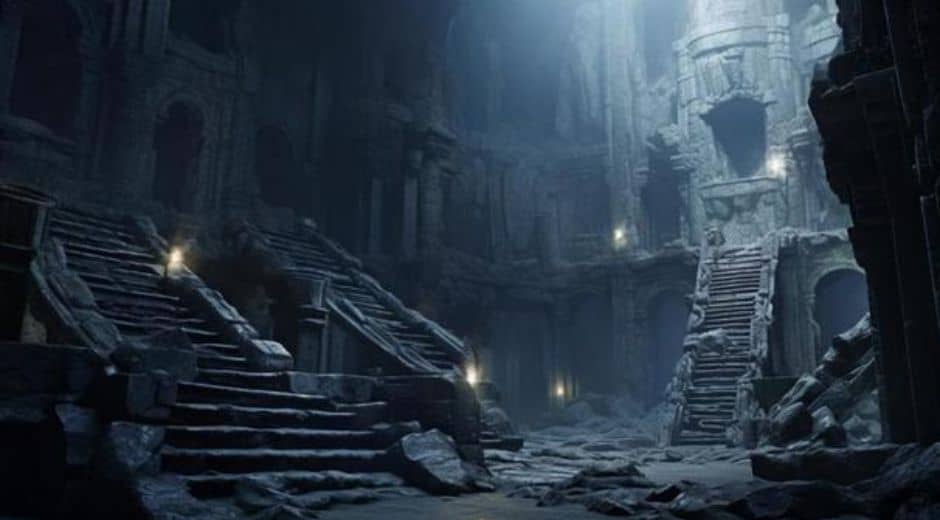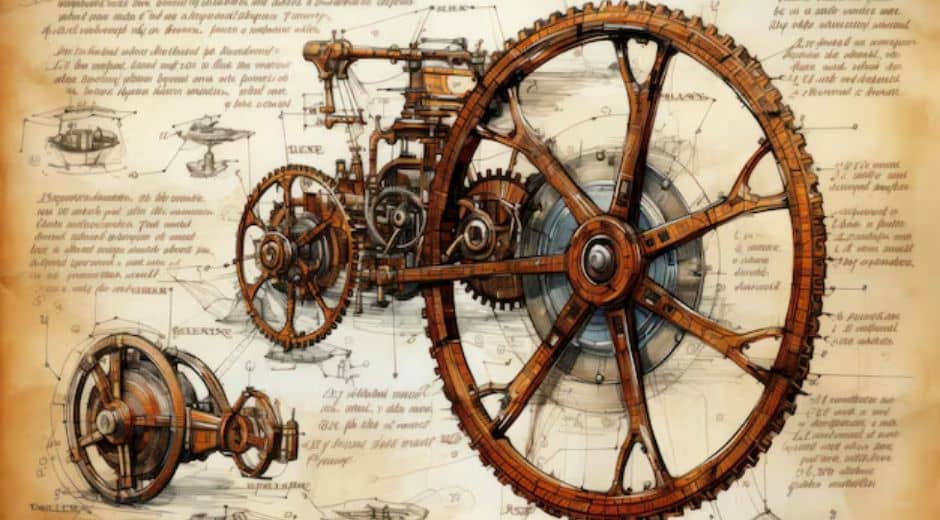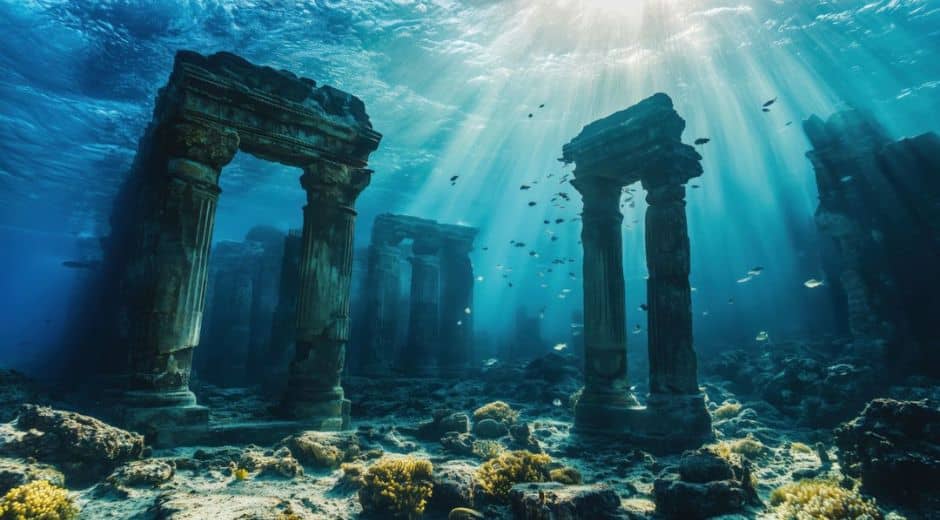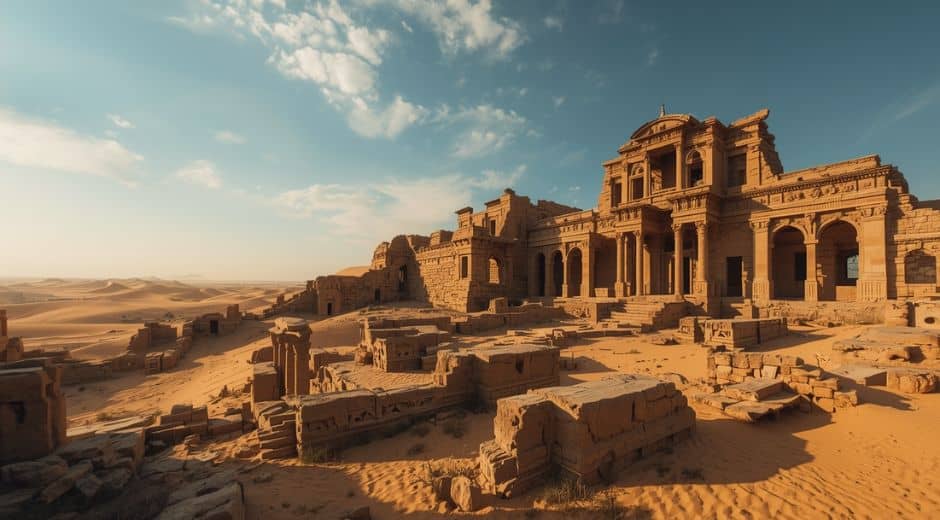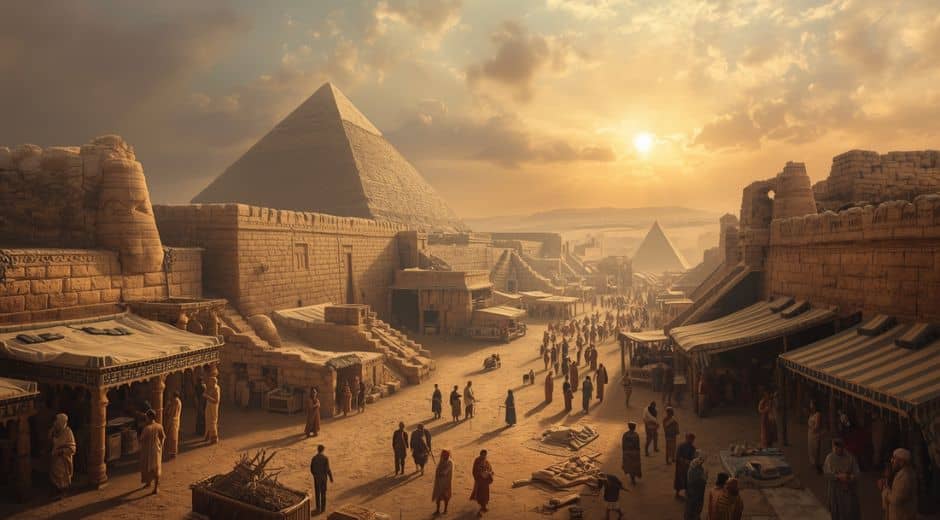Eternal Depths: Unveiling the Lost City of Atlantis
Eternal Depths: Unveiling the Lost City of Atlantis
Across centuries, the legend of Atlantis has echoed through time — a civilization said to have flourished and vanished beneath the sea. Philosophers, explorers, and mystics have all sought to uncover this Eternal mystery: was Atlantis merely a myth, or a memory of a world humanity once knew?
In every generation, the ocean whispers its secrets, and somewhere in those depths lies a story that refuses to fade — a city both real and symbolic, radiant and tragic, Eternal in its hold over the human imagination.
The Origins of a Myth That Refused to Die
The first account of Atlantis comes from Plato, who described a magnificent island civilization — rich, powerful, and spiritually enlightened — that fell out of divine favor and was swallowed by the sea. To him, Atlantis was a lesson about arrogance and decline. Yet as centuries passed, others began to wonder whether the story hid an ancient truth.
Historians, as shown on HistoryTV.fi, have traced dozens of potential sites: from the Mediterranean basin to the Caribbean, from the Azores to Antarctica. Each discovery brings a new wave of speculation, a reminder that humanity’s search for the Eternal city is as much about understanding ourselves as it is about finding ruins.
Atlantis became more than a place — it became an idea. A mirror reflecting our longing for a lost harmony between nature, wisdom, and the divine.
Civilizations Beneath the Surface
Archaeologists have uncovered remnants of ancient cities submerged by earthquakes and rising seas. Off the coast of Japan, the Yonaguni Monument reveals vast stone terraces that seem impossibly deliberate. In Greece, Pavlopetri lies beneath shallow waters, perfectly preserved — an entire Bronze Age town frozen in time.
These discoveries remind us that the Earth has shifted, and civilizations have indeed drowned. Whether these are fragments of Atlantis or echoes of similar cultures, they feed the belief that the Eternal city may not be a myth, but a memory buried under centuries of silt and silence.
The truth, like the tide, moves in cycles — rising, falling, and returning with new meaning. Atlantis may symbolize the rhythm of civilization itself: creation, destruction, and rebirth in an Eternal pattern.
The Spiritual Dimension of the Deep
Beyond archaeology lies another layer of the legend — the metaphysical. Many thinkers have seen Atlantis as a symbol of spiritual evolution, a place where consciousness and energy were elevated to divine harmony.
As discussed on FocusMindFlow, the human mind retains echoes of collective memory, ancient wisdom encoded in intuition and dream. Atlantis, then, may represent the Eternal realm within us — a reminder of what humanity once was, or what it still aspires to be.
In this sense, the Eternal city is not lost; it exists in the realm of ideas, emotion, and myth. Beneath the waves of the subconscious, it continues to pulse — a beacon of both warning and wonder.
Echoes from the Ocean Floor
Explorers have reported strange anomalies on sonar scans: symmetrical formations, massive stone blocks, and geometric alignments lying deep beneath the Atlantic and Mediterranean. While many of these findings remain debated, they fuel the fire of discovery.
The Eternal draw of Atlantis comes not from proof, but from the balance of doubt and belief. It is a mystery that endures precisely because it remains unresolved — an invitation to imagine, to seek, to wonder.
Each expedition, each myth retold, keeps the legend alive. The Eternal city is a living story, reshaped by each era that seeks it.
The Lessons of the Lost World
If Atlantis did exist, its fall was not simply a natural catastrophe — it was a moral one. Plato’s message was clear: power untempered by wisdom leads to ruin. Yet even within that destruction lies renewal.
Civilizations rise and fall, but the human spirit persists — driven by the same creative fire that once illuminated the halls of Atlantis. This cycle is the heartbeat of the Eternal: an endless dance between loss and rediscovery.
On Chronostual, this theme of cyclical time and buried memory defines so much of our fascination with the ancient world. The past is not gone — it merely changes form.
Beneath the Waves, Within the Soul
Perhaps the most profound interpretation of Atlantis lies not in geography but in consciousness. The Eternal city may be a metaphor for human potential — the divine spark submerged under material ambition, waiting to rise again.
Myth becomes map; history becomes mirror. We are all descendants of lost worlds, carrying fragments of their wisdom in our DNA. Atlantis endures because it speaks to something Eternal within us — the yearning to rediscover balance between progress and peace, reason and reverence.
The Eternal Horizon
From Plato’s words to modern expeditions, the search for Atlantis remains one of humanity’s grandest pursuits. Not because we expect to find marble columns under the sea, but because the Eternal story reminds us that knowledge, once lost, can always resurface.
Every civilization that falls gives rise to another, and with each wave of rediscovery, we return closer to what the ancients once knew — that time is a circle, and truth is never truly buried.
The Eternal city may still sleep beneath the waves, but its pulse continues to resonate through myth, art, and imagination. It is both beginning and end — the symbol of what was, and what could be again.
History Insight Legacy

How Imperial Expansion Changed Borders And Cultures Forever
How Imperial Expansion Changed Borders And Cultures Forever

The Rise And Fall Of Early Kingdoms In World History
The Rise And Fall Of Early Kingdoms In World History

Lost Civilizations And What Archaeology Reveals About Them
Lost Civilizations And What Archaeology Reveals About Them
